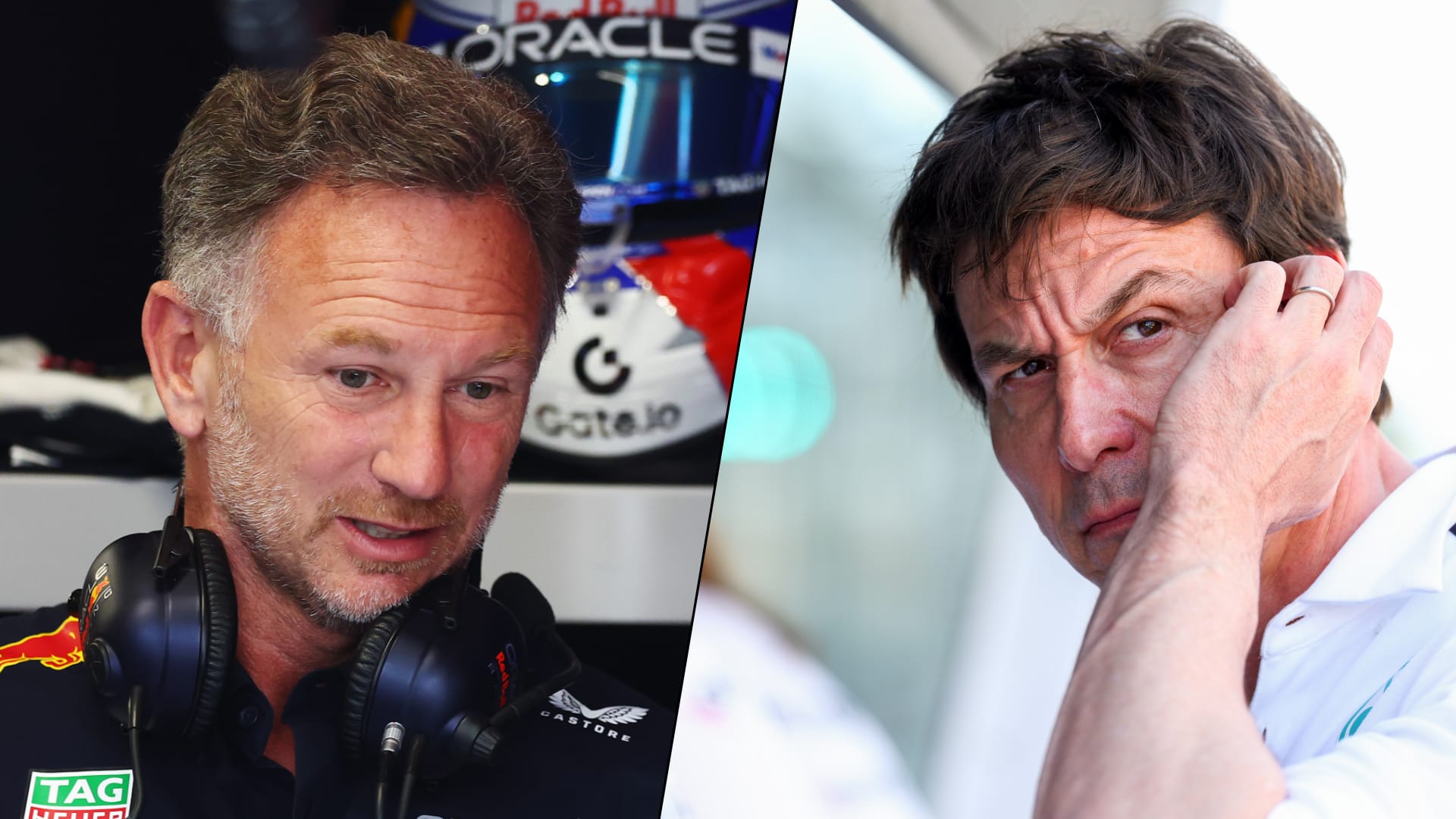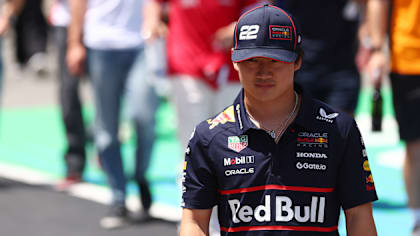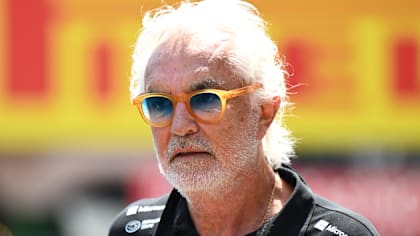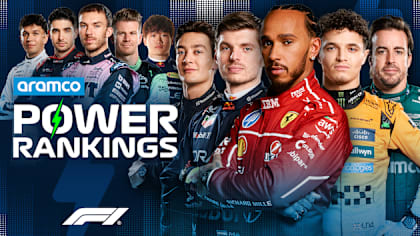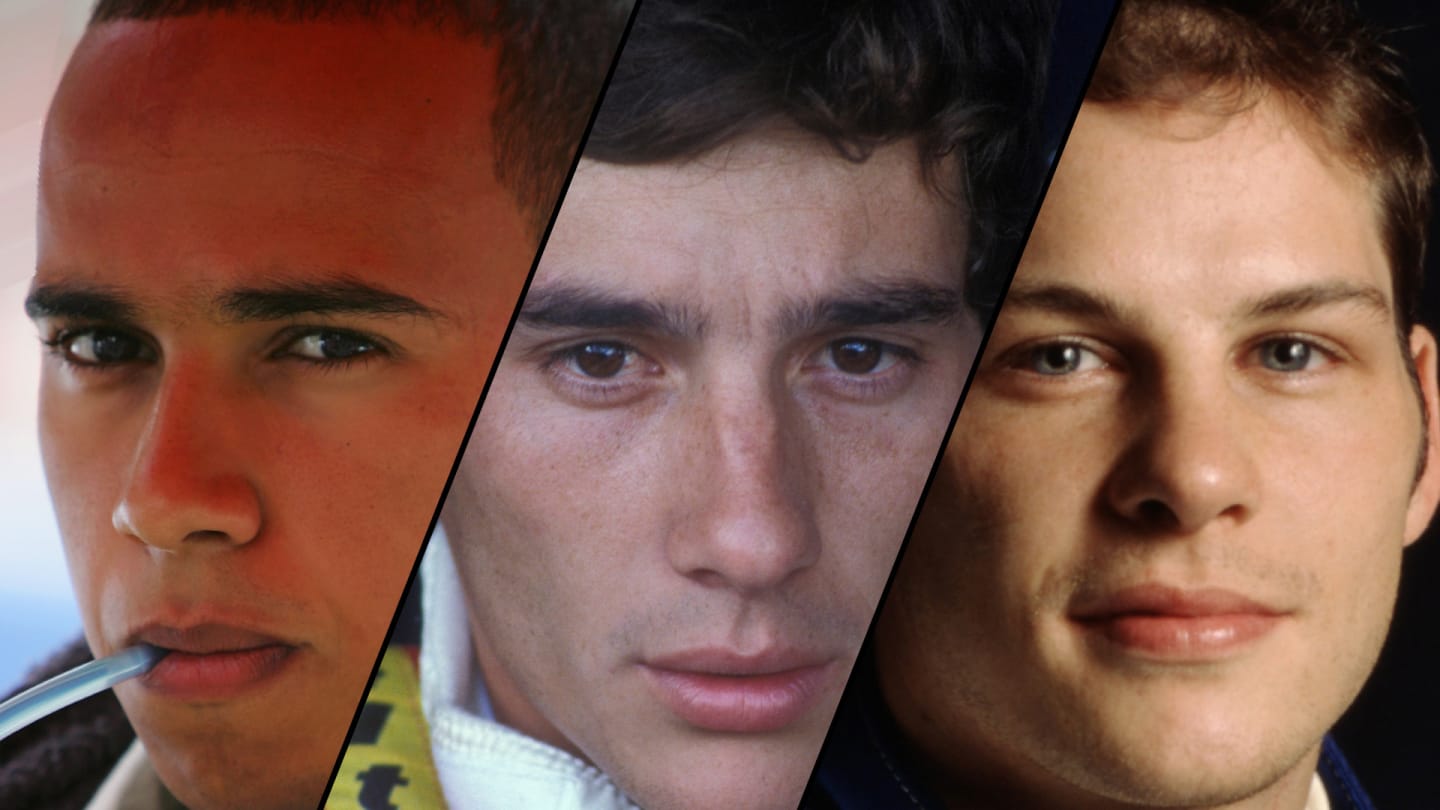
Feature
From Hamilton and Villeneuve to Schumacher and Senna – The best rookie seasons in F1 history

Share

There will be three rookie drivers lining up on the grid for next week's Bahrain Grand Prix, with Oscar Piastri, Nyck de Vries and Logan Sargeant all looking to make a fast start to life in Formula 1. But will any of them be able to match the exploits of these drivers who burst onto the scene in their maiden F1 campaigns…?
Lewis Hamilton (2007)
After winning the GP2 title, Lewis Hamilton was promoted to Formula 1 for the 2007 season at McLaren, to partner back-to-back world champion Fernando Alonso, who had signed from Renault. And the Briton made an immediate impact in the sport by finishing on the podium in his very first Grand Prix, and the eight races that followed – the record for the most consecutive top-three finishes in a debut season.
READ MORE: Hamilton reports ‘useful findings’ after Mercedes W14 hits the track at Silverstone
He went on to finish on the podium 12 times that year, four of which were wins – the joint record for the most wins in a rookie season – with his first victory coming in his sixth race in Formula 1, with Hamilton producing a dominant drive to win Canada.
And it was so nearly a complete fairytale story for Hamilton, who came within a single point of winning the championship in his maiden year, finishing just behind Ferrari's Kimi Raikkonen after a gearbox problem in the title decider hampered Hamilton's efforts. However, he didn't have to wait too much longer for his first title, which came a year later in Brazil.
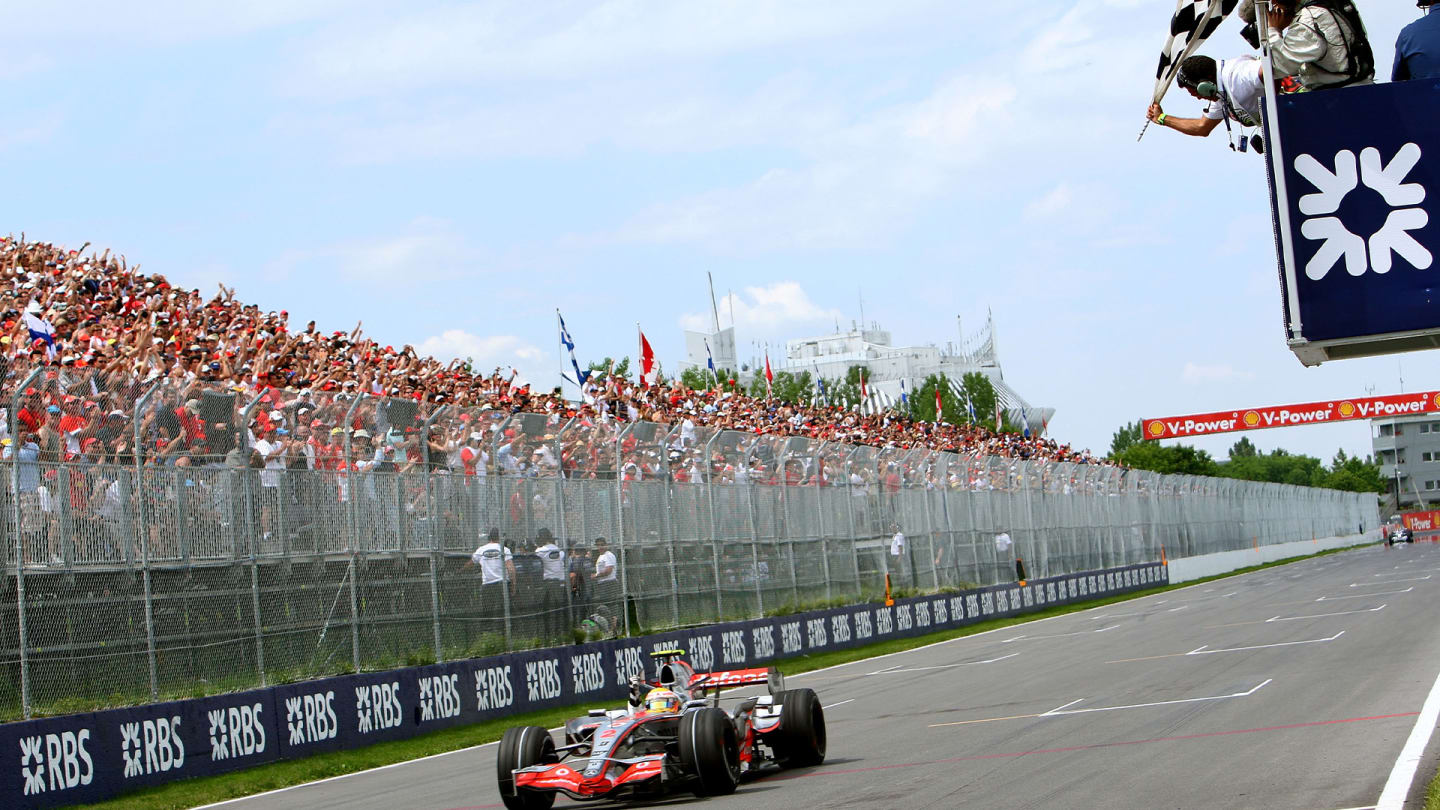
Hamilton won the first race of his career in his rookie year at Montreal
Jacques Villeneuve (1996)
Hamilton shares the record for the most wins in a maiden season with Jacques Villeneuve, who set that mark 11 years earlier in his debut campaign with Williams. The Canadian did take his first win slightly earlier than Hamilton, with his coming at his fourth race, at the European GP held at the Nürburgring.
RISE OF THE ROOKIE: How Jacques Villeneuve stepped out of his father's shadow to become a champion
Villeneuve finished the year with 11 podiums in 16 races – with his first coming at his debut race in Australia where he finished second. The Canadian driver ended the year second in the standings with 78 points, 19 points behind team mate Damon Hill, who won the championship. However, like Hamilton, Villeneuve also bounced back to win his first title in his sophomore season.
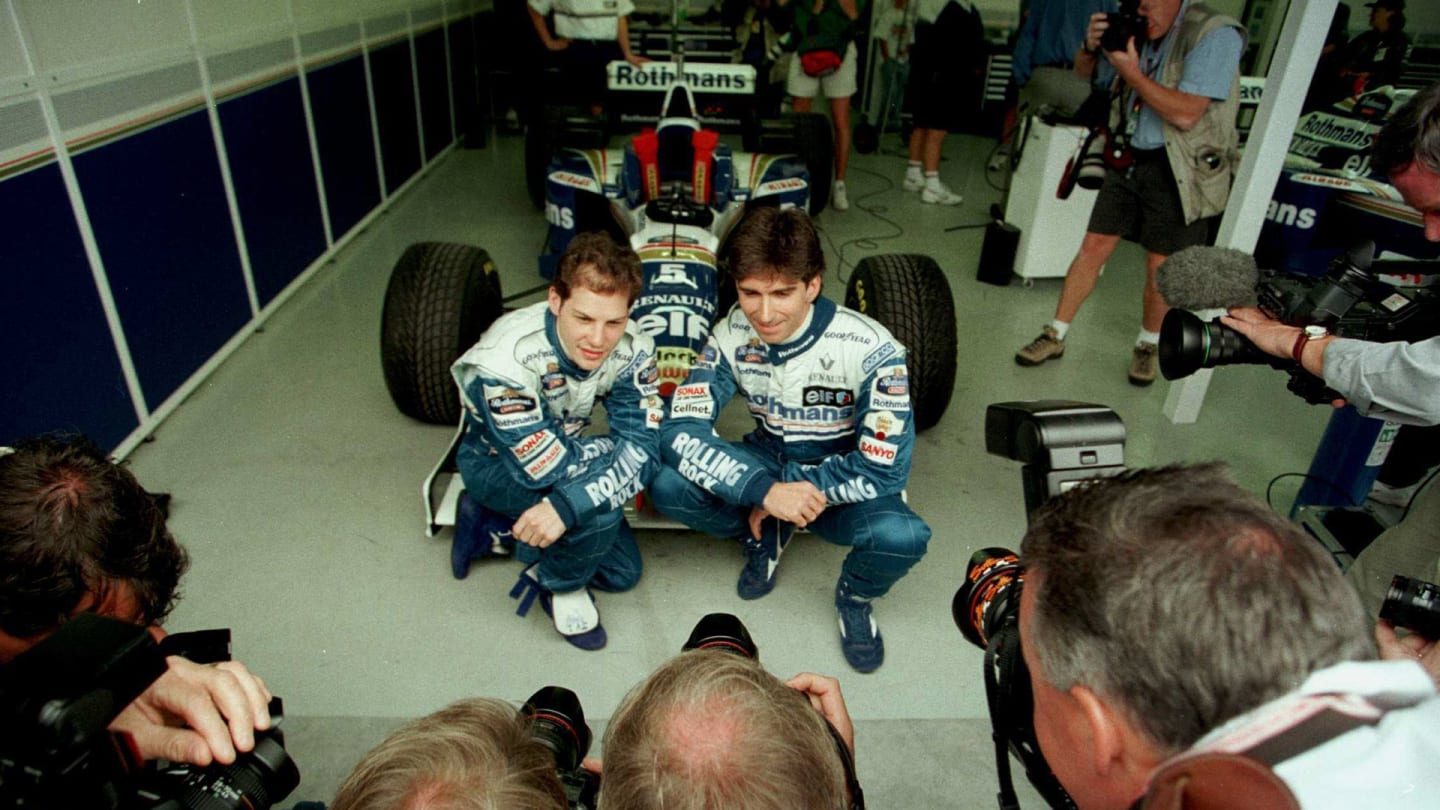
Villeneuve (L) finished second behind team mate Damon Hill (R) in the championship during his rookie campaign
Clay Regazzoni (1970)
After winning the European Formula Two title, Clay Regazzoni moved up to Formula 1 with Ferrari in 1970. The Scuderia had only entered one car, with Jacy Ickx, in the opening three races that year, but decided to enter a second car in Belgium to try out younger drivers, with Regazzoni getting his opportunity at the next race in the Netherlands.
He finished fourth on his debut, and returned a race later at Silverstone, where took the chequered flag in P4 again. He finished second in Austria in his fourth race – one of four podiums that year – before taking his first Grand Prix win for Ferrari at their home race in Monza.
Despite missing out on five of the first six races and retiring with an engine issue in Germany, the Swiss racer still finished third in the championship, behind champion Jochen Rindt and team mate Ickx, to cap a superb maiden campaign. It was a finish he would only better once in the whole of his F1 career.
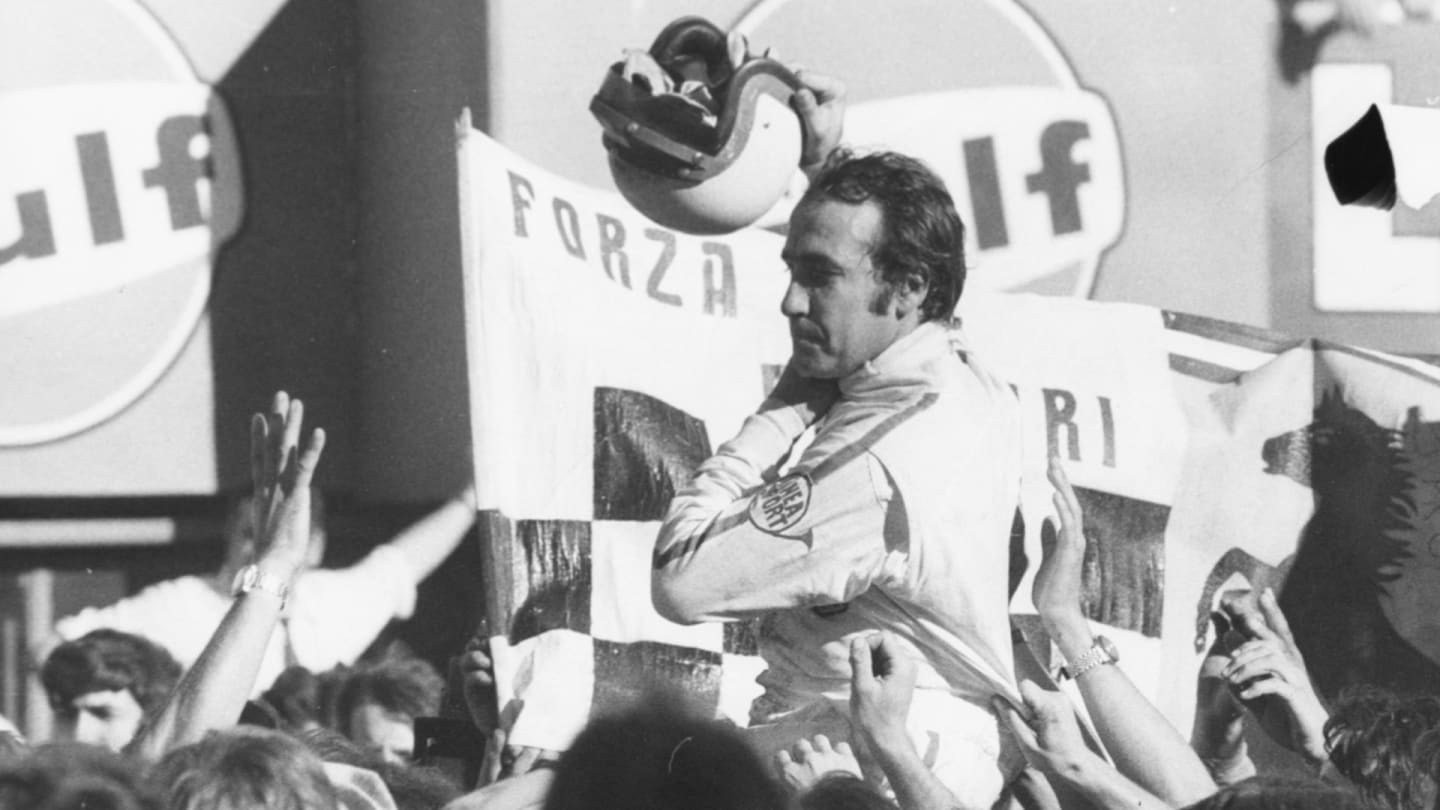
Regazzoni won his first race in F1 for Ferrari at Monza in 1970
Michael Schumacher (1991)
Michael Schumacher came in for the final six races in 1991 with Jordan and Benetton, making his debut for Jordan at Spa – replacing Betrand Gachot. The German stunned the paddock by qualifying seventh, but a clutch issue forced him to retire from the race on the opening lap. After a strong showing, Jordan wanted to keep him, but Schumacher signed for Benetton instead.
While his cameo in 1991 was impressive, it was his first full season in 1992 where he truly announced his arrival. Driving for Benetton once again, he finished third in the championship behind the dominant Williams pair of Nigel Mansell and Ricardo Patrese, and ahead of Ayrton Senna.
That year he finished on the rostrum eight times, with his first podium coming at his second race of the season, in Mexico. He also achieved his maiden victory in Belgium, where he had made his debut just a year earlier.
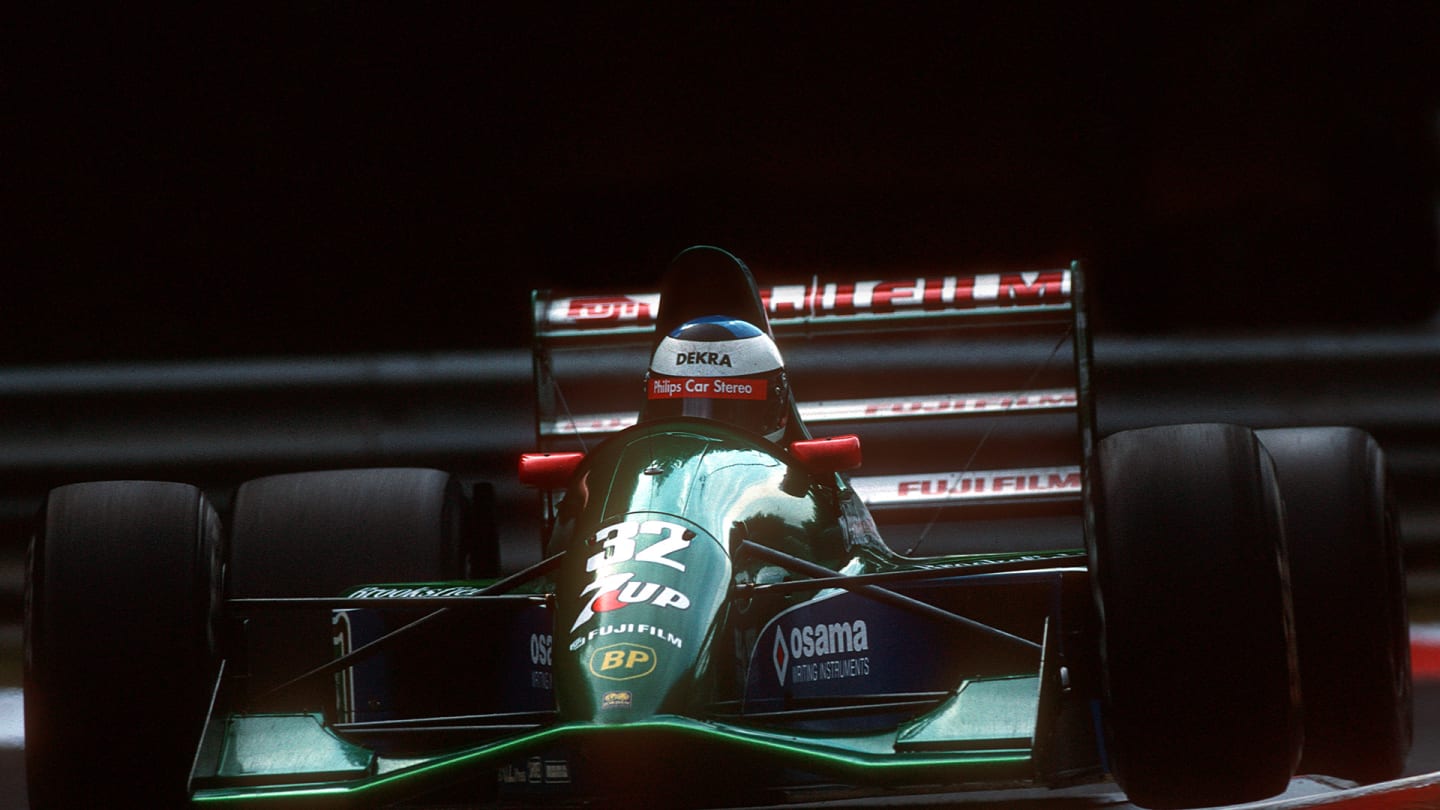
Schumacher impressed by qualifying seventh in his first race at Spa
Jean Alesi (1989)
Alesi burst onto the F1 grid mid-way through the 1989 season with a stunning debut drive at the French Grand Prix, for Tyrrell. The French driver ran as high as second before taking the chequered flag in an impressive fourth position. That year, Alesi also finished fifth in Italy, before also coming home in P4 at the Spanish Grand Prix.
His first full season got off to an even more impressive start when he led 25 laps of the first race in the USA, before Ayrton Senna found a way past, only for Alesi to seize his chance and immediately nip back ahead of the Brazilian. He wound up finishing second, before crossing the line in P2 again in Monaco a few rounds later.
ALTERNATIVE HISTORIES: What if Jean Alesi had gone to Williams and not Ferrari?
He was instantly the hottest property in Formula 1, and although he didn't finish higher than seventh for the rest of the season, his performances caught the eye of Ferrari, who signed him for the 1991 campaign.
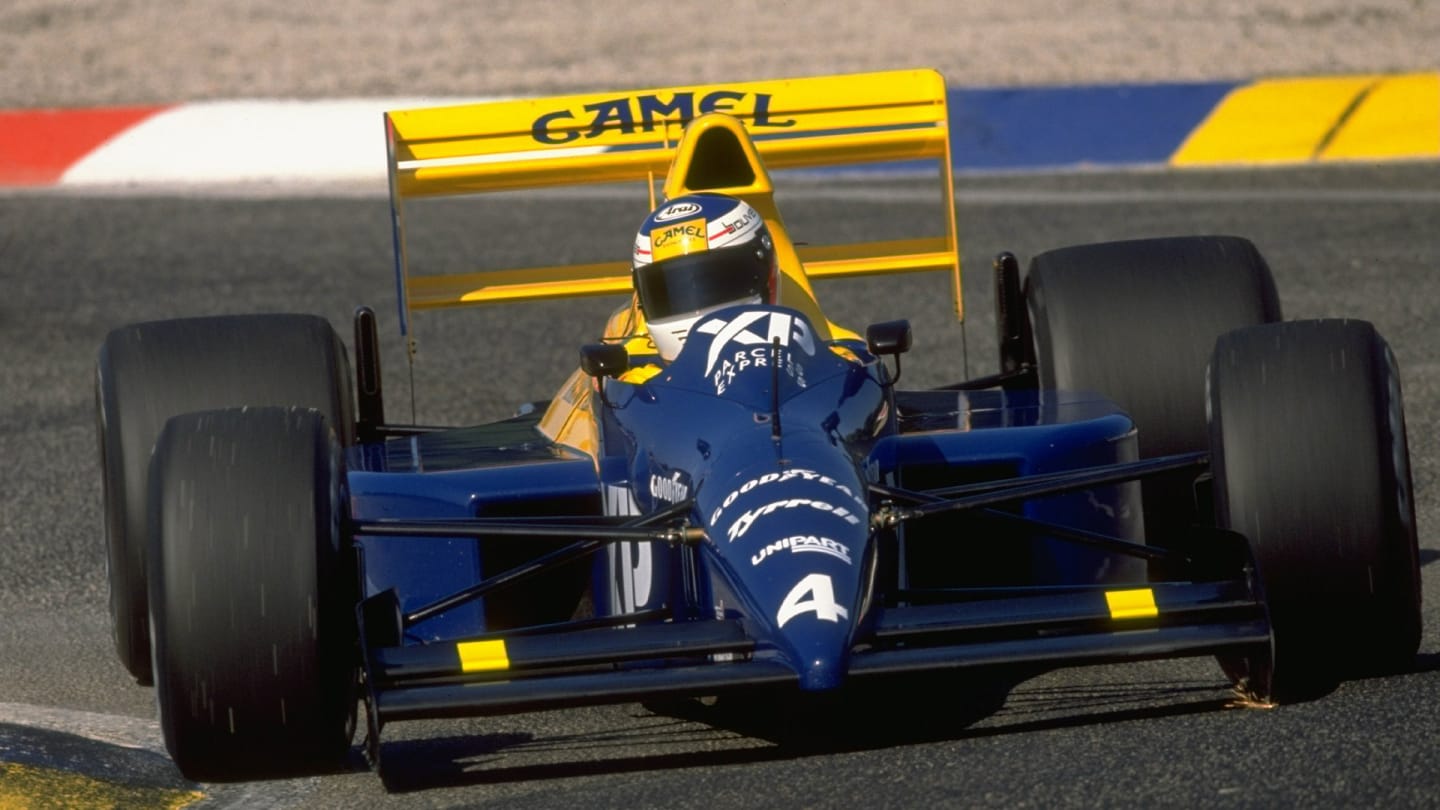
Alesi finished fourth in his debut race at the 1989 French Grand Prix
Jackie Stewart (1965)
Racing for BRM, Jackie Stewart had a tremendous debut campaign in Formula 1, as he finished third in the championship behind Jim Clark, and his world championship winning team mate Graham Hill.
WATCH: Sir Jackie Stewart reflects on his extraordinary career in F1 Unscripted with Heineken
The Scot took his first victory at the eighth race of the season – the Italian Grand Prix – to go along with five other podium finishes. A promising start to what turned out to be a three-time championship winning career.
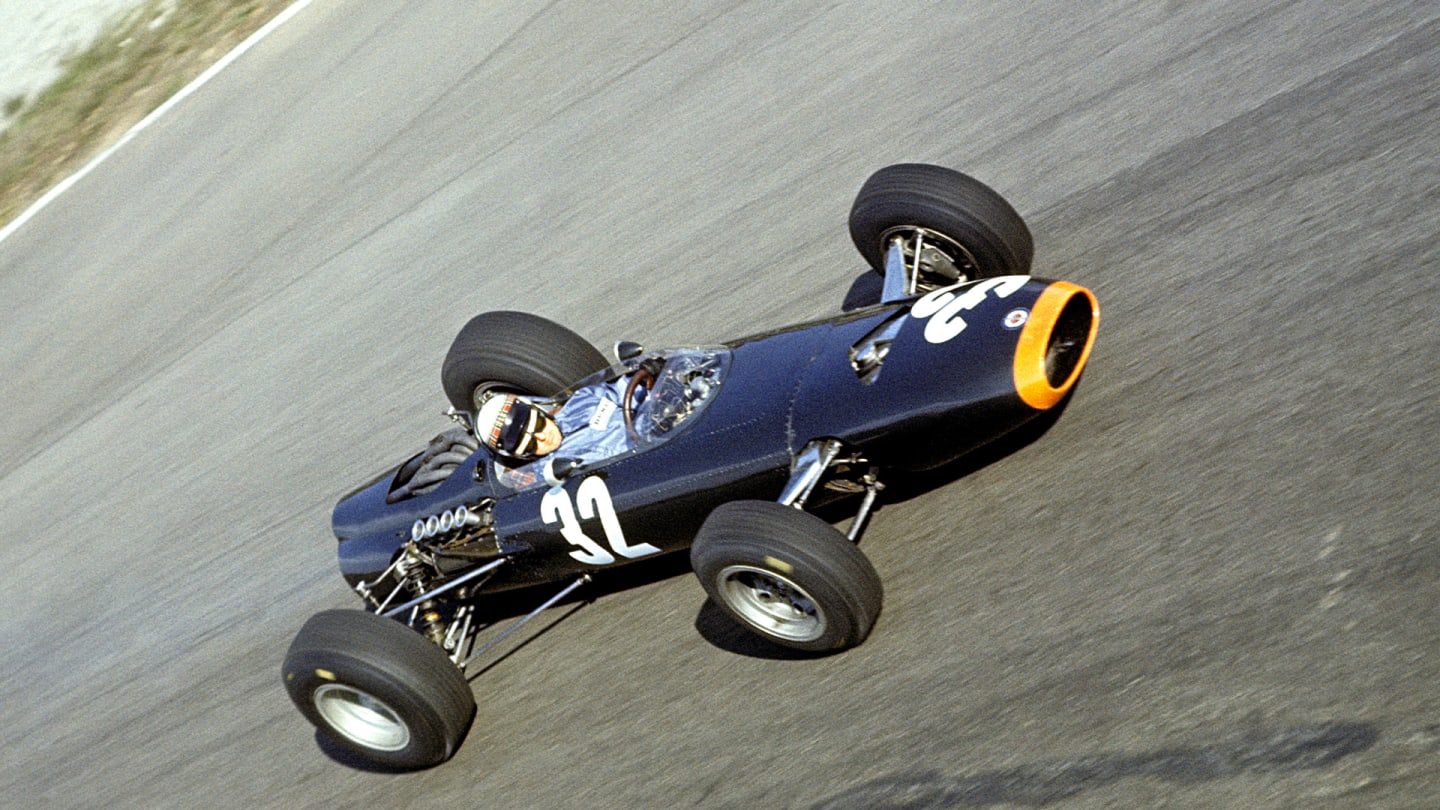
Stewart won his first race as a rookie at the 1965 Italian Grand Prix
Ayrton Senna (1984)
Ayrton Senna’s ninth place in the championship in his maiden season might not sound that impressive at first glance, but his performances driving for Toleman – who many people expected to be a back-marker team, earned him a spot on this list.
To put it into context, The Brazilian finished level on points with Nigel Mansell in a more competitive Lotus. That result is even more impressive when you consider that of the 14 races that year, Senna failed to finish in eight of them – with six being due to mechanical issues.
He earned three podium finishes that year, the most impressive coming in the wet in Monaco, where he started 13th before making steady progress up to second. He had been catching leader Alain Prost, in the Renault, by four seconds a lap, before the race was stopped for safety reasons. It was all a sign of things to come...
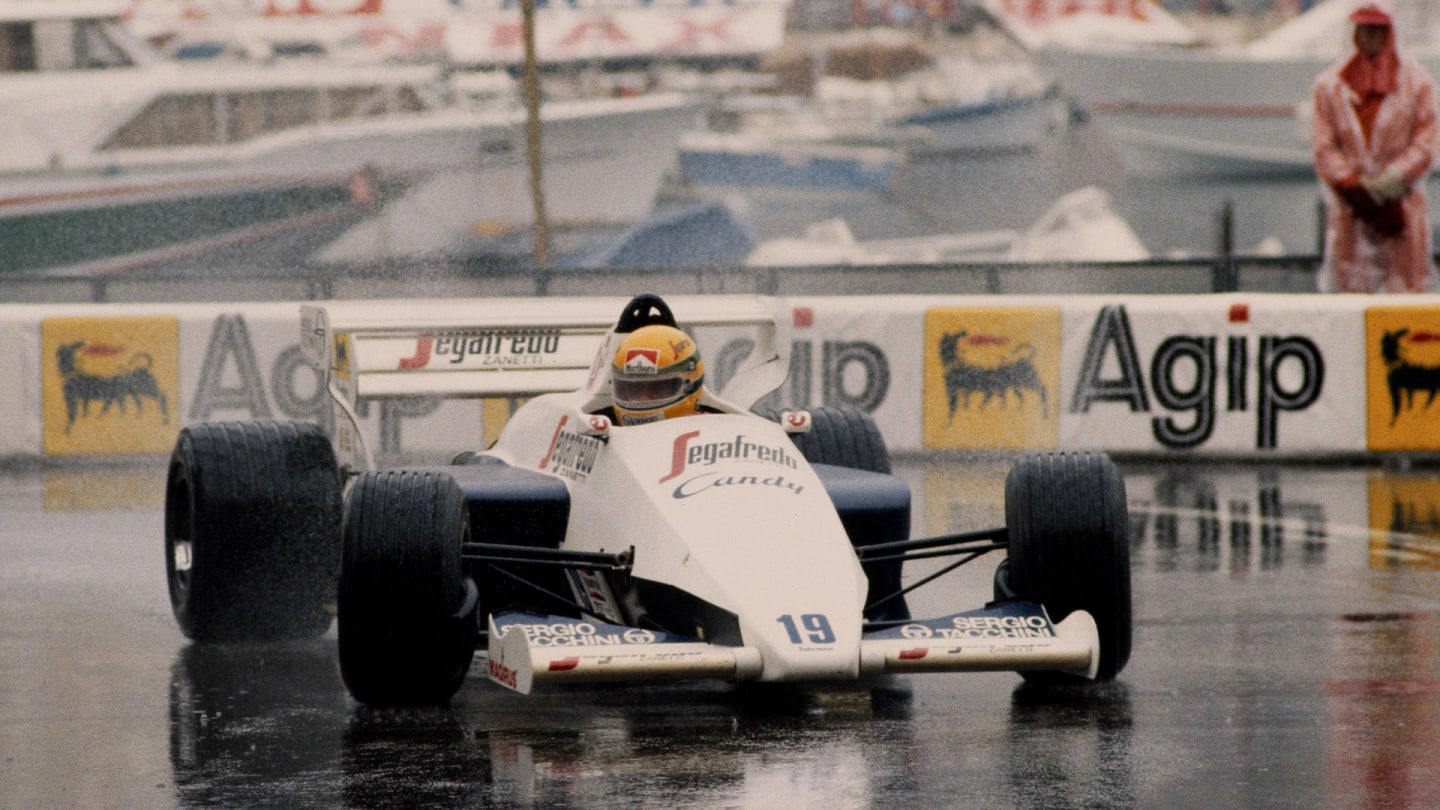
Senna finished second in the wet at Monaco to get his first podium in Formula 1
Jenson Button (2000)
Jenson Button made the step up to Williams from Formula 3 in 2000 knowing that his contract with the legendary British outfit would only be for one season, with team mate Ralf Schumacher on a long-term deal, and Juan Pablo Montoya signed to race for the team in 2001. But the Briton made sure to leave a lasting impression in that one year.
Relive Jenson Button's F1 start with Williams in Aramco Presents: Rise of the Rookie
He produced some sensational performances, such as his charge through the field in his second race in Brazil to finish sixth, and at Hockenheim where he crossed the line in P4 – his best result of the season. He also produced a brilliant lap to qualify third for the Belgian Grand Prix at Spa – a result that caused then-BMW motorsport chief Gerhard Berger to question why partners Williams were letting him go at the end of the year.
In the end, he finished eighth in the championship, 12 points off Schumacher in fifth, and while he did impress, he was forced to move on to Benetton for the next season.
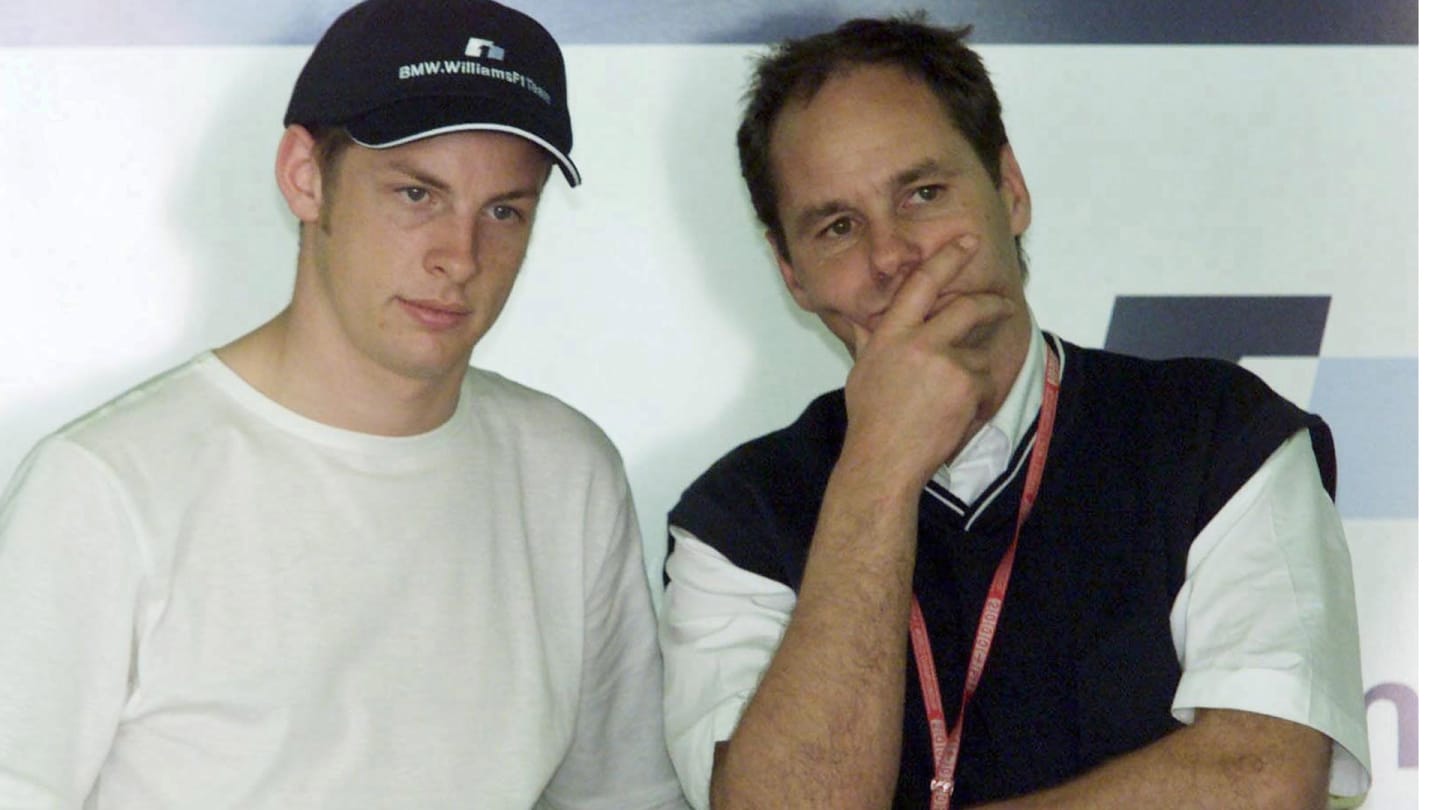
Button (pictured with Gerhard Berger) had one season with Williams after making the step up from Formula 3
Kimi Raikkonen (2001)
Kimi Raikkonen came into Formula 1 with Sauber having started just 23 single seater races in his entire career. Plenty of observers felt he was far too inexperienced for the top level of motor sport, but the Finn showed signs in his very first race that he was up to the task, crossing the line in sixth place at the 2001 Australian Grand Prix.
ORAL HISTORY: The inside story of Kimi Raikkonen's legendary first F1 test
Raikkonen would add three more points finishes to his tally by the end of the season – including a couple of P4 finishes in Austria and Canada – in a Sauber race car that was not the most reliable in the field, nor one of the quickest.
Come the end of the season, Raikkonen had not only finished 10th in the world championship with nine points – just three points behind his more experienced team mate Nick Heidfeld in eighth – but he had also done enough to earn a spot at McLaren for the 2002 season. He would of course go on to win the championship in 2007 with Ferrari.
YOU MIGHT ALSO LIKE
News Santander launch global free education campaign inspired by Formula 1
News ‘It is what it is’ says a dejected Tsunoda as he fails to score for second race in a row
News Briatore sets out clear Alpine target for 2026 as he shares update on search for new team boss
Feature POWER RANKINGS: Who impressed our judges across a dramatic Spanish Grand Prix weekend?
